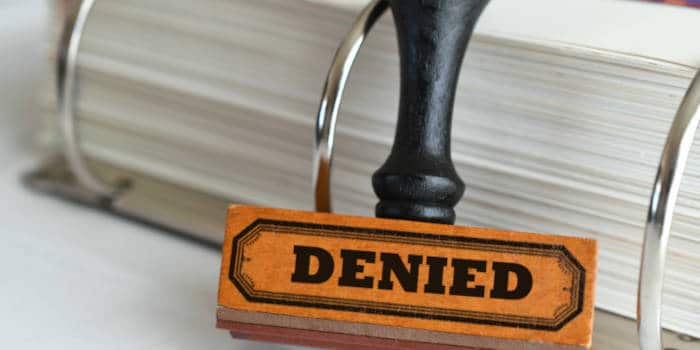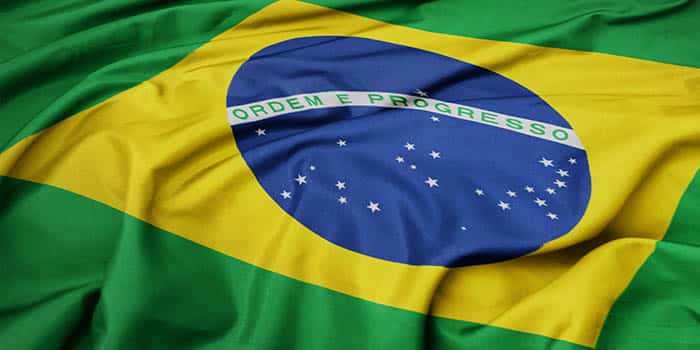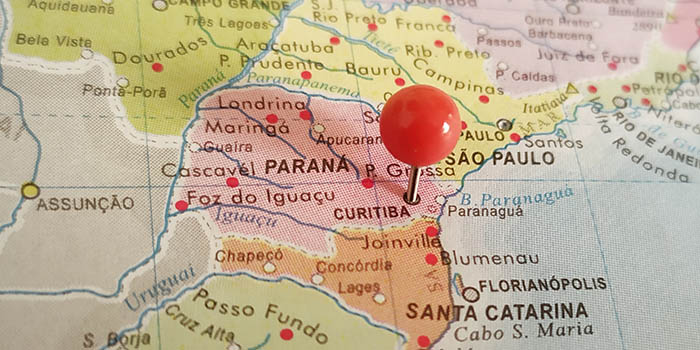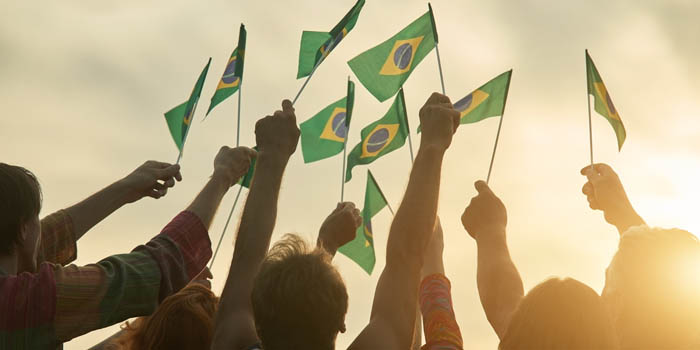- Casino
- By State
- Alabama
- Alaska
- Arizona
- Arkansas
- California
- Colorado
- Connecticut
- Delaware
- Georgia
- Florida
- Hawaii
- Idaho
- Illinois
- Indiana
- Iowa
- Kansas
- Kentucky
- Louisiana
- Maine
- Massachusetts
- Maryland
- Michigan
- Minnesota
- Mississippi
- Missouri
- Montana
- Nebraska
- Nevada
- New Hampshire
- New Jersey
- New Mexico
- New York
- North Carolina
- North Dakota
- Ohio
- Oklahoma
- Oregon
- Pennsylvania
- Rhode Island
- South Carolina
- South Dakota
- Tennessee
- Texas
- Utah
- Vermont
- Virginia
- Washington
- West Virginia
- Wisconsin
- Wyoming
- By State
- Slots
- Poker
- Sports
- Esports
Brazil’s Children Association Charges at Loot Boxes

ANCED is taking aim at in-game purchases and loot boxes, asking from courts to expand the protection of children and classify loot boxes as a form of gambling.
Brazil’s Children Association Targets Loot Boxes
Loot boxes have been a thorny issue for many years now, and while developers have embraced them readily as a lucrative revenue model, governments have been skeptical, to say the least.
In the past several years, criticism of loot boxes has grown, and the calls to regulate in-game purchases akin to gambling have intensified. Legislators are finally eyeing loot boxes with an unscrupulous eye, and they don’t seem to be too fond of the digital treasure chests either.
Re-regulation of loot boxes would not be too difficult, and if the United Kingdom is any indication, the process has already begun. Brazil, though, is already looking for an outright ban. The country’s Children Association or the National Association of Centers for the Defense of Children and Adolescents (ANCED) has taken aim at in-game purchases and loot boxes in particular.
Because of their randomized outcomes, loot boxes remind of gambling mechanics found in online casino games. ANCEND is now bringing seven lawsuits seeking to restrict access to loot boxes in Brazil.
Should any of these legal moves succeed Brazil force out loot boxes by a slew of publishers and gaming companies, the likes of Konami, Valve, Tencent, Nintendo, Riot Games, Electronic Arts, and Activision. Who goes and who stays will depend solely on the outcome а a final ruling if one is reached.
Garena Comes under (Free)Fire
ANCED has already targeted Garena in the first of the legal moves brought against companies that offer loot boxes and various in-game purchases. The association believes that the present case gives the judiciary sufficient opportunities to “address the issue” and “expand the protection of children, adolescents, and families.”
ANCED pushes further, asking for a compensation of R$1.5 billion against Garena and another daily penalty worth R$4 million for the company’s Free Fire battle royal game. The basis on which ANCED builds its argument is well-established. That is, loot boxes constitute gambling.
Some countries have already decided against in-game purchases that involve loot boxes, even though publishers have been offering workarounds. In Belgium and the Netherlands, though, loot boxes have been suspended outright.
There have been similar calls in the United States, but also in Spain and Germany. Overall, loot boxes remain a thorny issue and one that will most likely end up under a blanket regulation with most gambling products.
Related Topics:
Stoyan holds over 9 years of esports and gambling writing experience under his belt and is specifically knowledgeable about developments within the online scene. He is a great asset to the Gambling News team with his niche expertise and continual focus on providing our readers with articles that have a unique spin which differentiates us from the rest.
Must Read
More Articles



Casino
July 9, 2025
Nolimit City Expands to Brazil with SkillOnNet

Sports
June 10, 2025
Brazil Increases Gambling Tax, Industry Pushes Back








